- Details
Prof. Paolo Gamba attends the IEEE MTT-S Administrative Committee (AdCom) meeting in Bruges (Belgium) to sign the Sister Agreement between MTT-S and GRSS. As GRSS President, he fostered the connection among GRSS and other IEEE Societies, and GRSS is going to sign another Agreement with the Antenna and Propagation Society (AP-S) before the end of the year. GRSS is very keen to work together with other communities within and outside IEEE to develop common initiatives.
- Details
Prof. Paolo Gamba is going to deliver an invited lecture at the Istituto di Fisica Applicata of CNR in Florence on this coming Thursday, Oct. 26. The seminar is devoted to explain why the use of multiple sensors is mandatory in urban areas, at multiple spatial and geographical scales. It will also provide a few results or urban area extent characterization at the regional/national level for different urban areas in the world, considering fusion of Sentinel-1 (SAR) and Sentinel-2 (multispectral) data, as well as Sentinel-1 (SAR) and Night-time lights data.
- Details

- Details
Our coordinator Prof. Gamba, as the current President of the IEEE Geoscience and Remote Sensing Society (GRSS) has organised the 2019 edition of the GRSS International Symposium (IGARSS), held in Yokohama, Japan, from 28th of July to 2nd August, 2019. IGARSS 2019 was officially opened Monday, when the Japanese emperor Naruhito gave a talk to welcome the scientists, which gathered in Yokohama to attend the symposium. On this occasion, he talked with prof. Gamba under the eyes of the Japanese TV, which then reported the meeting in the news.
- Details
Prof. Vahagn Muradyan from the State University of Erevan, Armenia, visited our Lab in May 2016 and taught a part of the Radar Remote Sensing Course of prof. Fabio Dell'Acqua. During his lectures, prof. Muradyan provided to the students extra insights on remote sensing in mountain areas, his main field of interest, which he develops also at the Armenian National Academy of Sciences in Erevan, Armenia.
Prof. Dell'Acqua returned the visit in April 2017, teaching a short course on Remote Sensing at the State University of Erevan, Armenia. On the occasion he illustrated his research work to scientists at the State University and the Academy of Sciences. This exchange of visits was instrumental in triggering a network of joint research efforts between the University of Pavia, the two institutions in Erevan, and other Italian and Armenian research institutions in the field of remote sensing and Earth observation.
The collaborative work produced new research results on correlation at different temporal scales between environmental parameters and vegetation health and growth in Armenia. Conclusions on the extensive investigation conducted on woody areas in highest parts of Armenia was submitted as a research paper to the Elsevier Journal of Remote Sensing Applications: Society and Environment. After a round of revision, the manuscript has gained approval for publication after peer reviewing. We are proud to announce that the paper is now published "in press" as:
Vahagn Muradyan, Garegin Tepanosyan, Shushanik Asmaryan, Armen Saghatelyan, Fabio Dell'Acqua:
Relationships between NDVI and climatic factors in mountain ecosystems: A case study of Armenia
Remote Sensing Applications: Society and Environment, 2019, ISSN 2352-9385
https://www.sciencedirect.com/science/article/pii/S2352938518302684
The cooperation among Armenian and Italian research groups continues, and new results are on the horizon.








